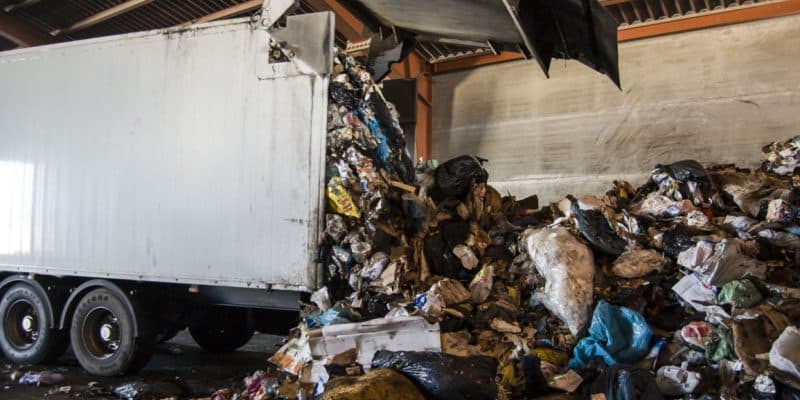In Mali, the government will set up 26 transit depots for household waste in the district of Bamako. The aim is to regularise the management of this waste, which is largely responsible for pollution in the Malian capital.
In order to improve the management of household waste in Bamako, the Malian government will set up 26 transit depots in the district. The project recently announced by the Malian authorities will first be implemented in Médina Coura, a locality located near the Missira district of Bamako. For the implementation of the sanitation project in Medina Coura, the Malian Ministry of Transport will finance the work to the tune of 300 million CFA francs, more than 457,000 euros.
The waste stored in the transit depots will be transported to landfills near Bamako. This is the case for the future landfill in Noumoubougou, a locality in the Koulikoro region, 143 kilometers from Bamako. The site, which will be developed thanks to a loan of 17.4 billion CFA francs (more than 26.5 million euros), will be equipped with sorting and treatment facilities for household waste.
Reducing pollution
A second landfill will be built in Moutougoula, a rural commune in the Kati Circle in the Koulikoro region. It will also receive waste from the transfer stations. This project is still in its financial mobilization phase.
The ultimate goal is to reduce household waste pollution in the district of Bamako. According to official figures from 2019, Mali produces 1,600 tonnes of waste per day, most of which comes from the capital Bamako. This waste ends up in the streets and waterways, destroying ecosystems.
Read also –
As part of the Bamako district sanitation project, two sewage sludge treatment plants will also be built, one in Tienfala, a commune in the Koulikoro region, and the other at Sénou airport. Thus, the faecal sludge pumped from septic tanks will be treated and converted into natural fertilizer, thus reducing the excessive use of chemical fertilizers. This material can also be used to generate electricity by burning the sludge, using recent technology.
In the absence of adequate disposal systems, this sludge, which is often dumped into the environment, is responsible for the pollution of groundwater, with the direct consequence of the proliferation of water-borne diseases.
Inès Magoum






